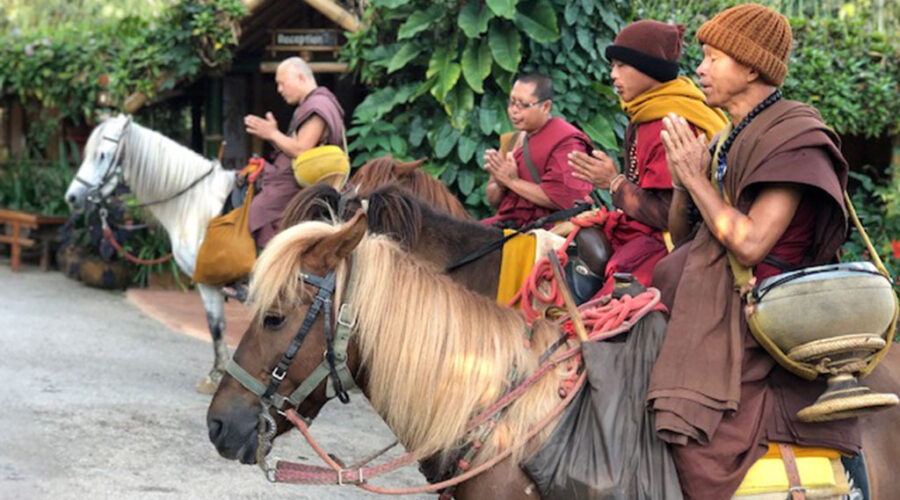Slow and Sustainable in Chiang Rai
Tucked into the mountainous jungles of northern Thailand near the border of Laos and Myanmar, the city of Chiang Rai has always been the smaller, less glamorous cousin of the more popular Chiang Mai, largely ignored by international tourists and developing at a slower pace. Julie Miller shares five of Chiang Rai’s hidden sustainable treasures.
With its diversity of ethnicities, natural wonders, beautiful temples and rich culture untainted by over-tourism, Chiang Rai has really come into its own and is leading a new wave of sustainable and eco-tourism practices that are a beacon for the future of world travel.
Here are five hidden treasures and exciting initiatives that highlight the best of the northern Lanna culture and its connection to the land:
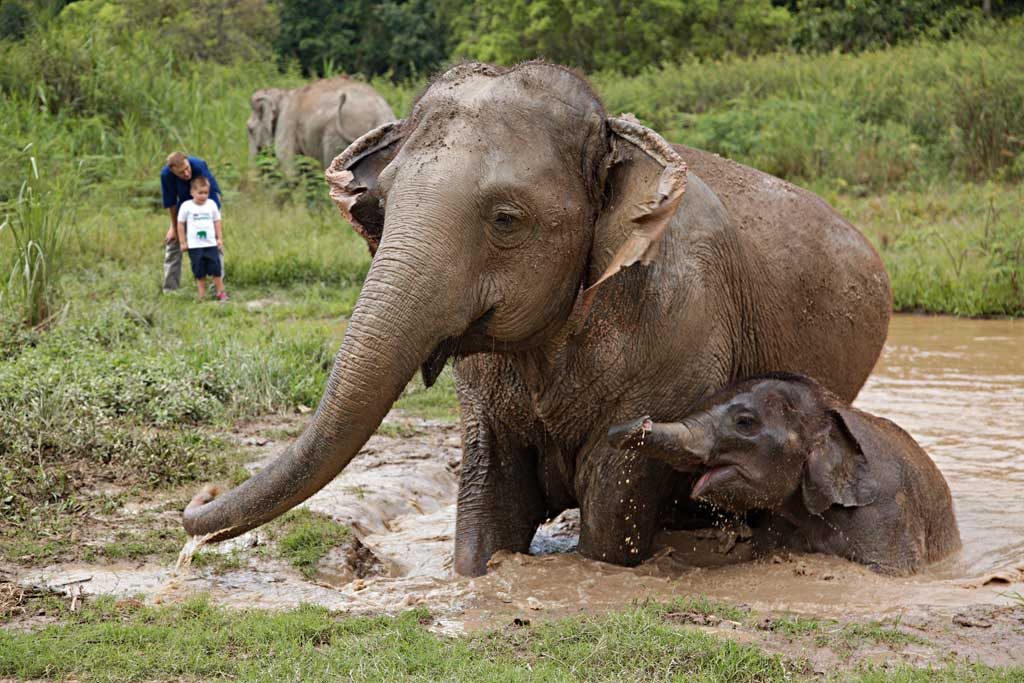
1. Elephant Live Stream
The Golden Triangle Asian Elephant Foundation at the Anantara Golden Triangle has for over a decade pioneered the ethical treatment of elephants, with its camp where mahouts and pachyderms co-exist in a safe, peaceful and natural setting a benchmark of sustainability. With the COVID-19 crisis preventing tourists from visiting the elephants, GTAEF pivoted to bring the elephants to their many fans via a live stream. The footage following the elephants as they play, feed and bathe in the river is utterly charming and addictive, with input from local vets and experts adding an educational dimension. The live stream not only brings joy to elephant-lovers, it also prompts viewers to donate towards helping struggling elephants.
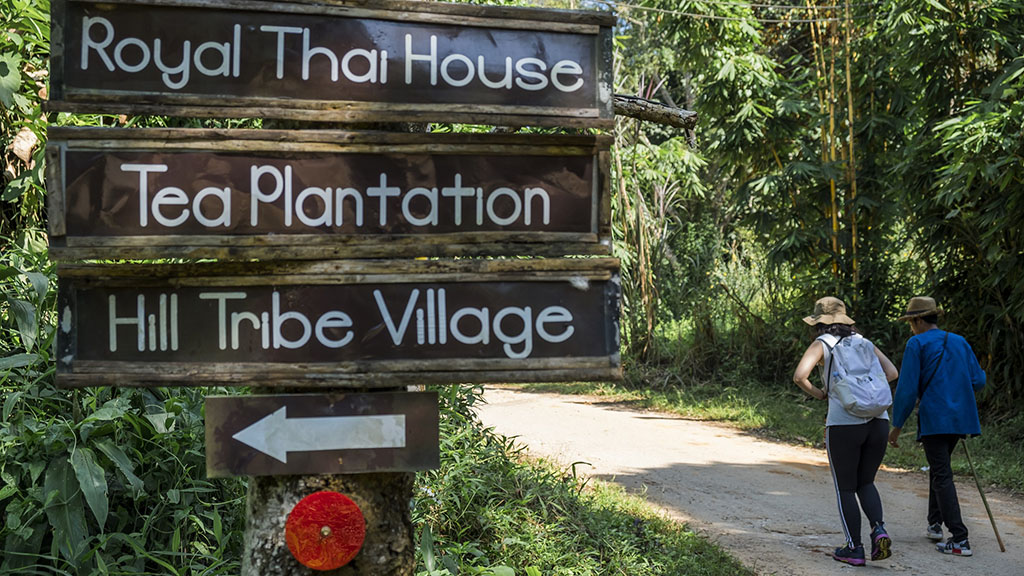
2. Phu Chaisai Mountain Resort
Owned by a Thai designer of royal heritage, this lovely boutique resort set on 323 hectares in the misty Mae Salong mountains encourages immersion in the natural environment, incorporating wellness and lifestyle into the luxury holiday experience. Organic and sustainable are a way of life here; the resort has its own reservoir, a spring-fed waterfall, a tea plantation, fruit orchards and farmland, with the restaurant plucking fresh vegetables and herbs straight from its own kitchen garden. Activities include trekking, riding Mongolian horses on a neighbouring farm, private yoga sessions and a spa.
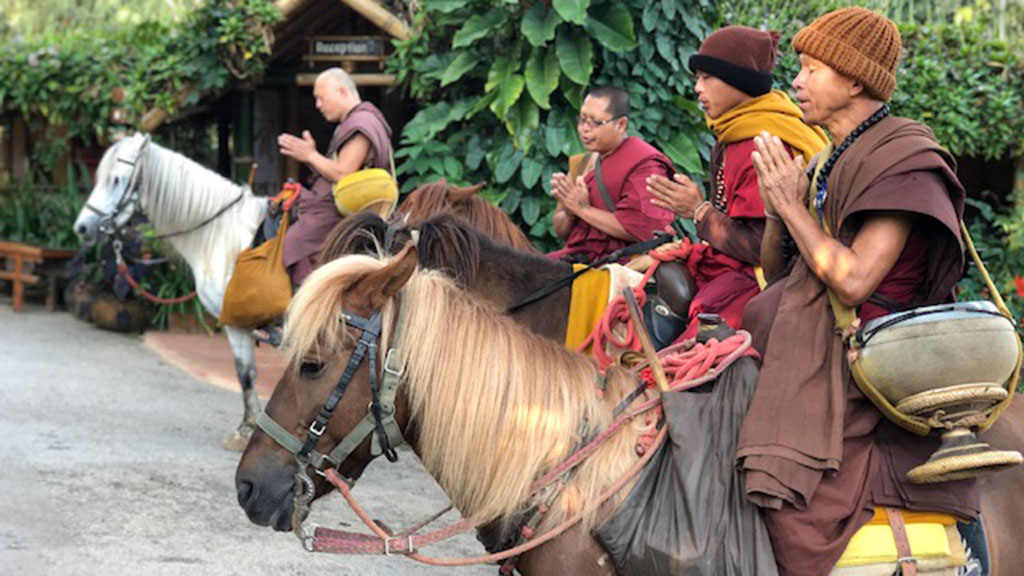
3. Monks on horseback:
Horses came to the Golden Triangle from China during the infamous drug-trafficking years, and their sturdy descendants are now not only used for tourist rides (see above), but are also the mount-of-choice for local monks, who ride into villages each morning to collect alms. The temple where these monks live, Wat Tam Pa Ar-cha Thong (Golden Horse Monastery), is located high in steep, remote hills, with the orange-robed monks and novices also riding down to Phu Chaisai Resort every morning to offer blessings to guests.
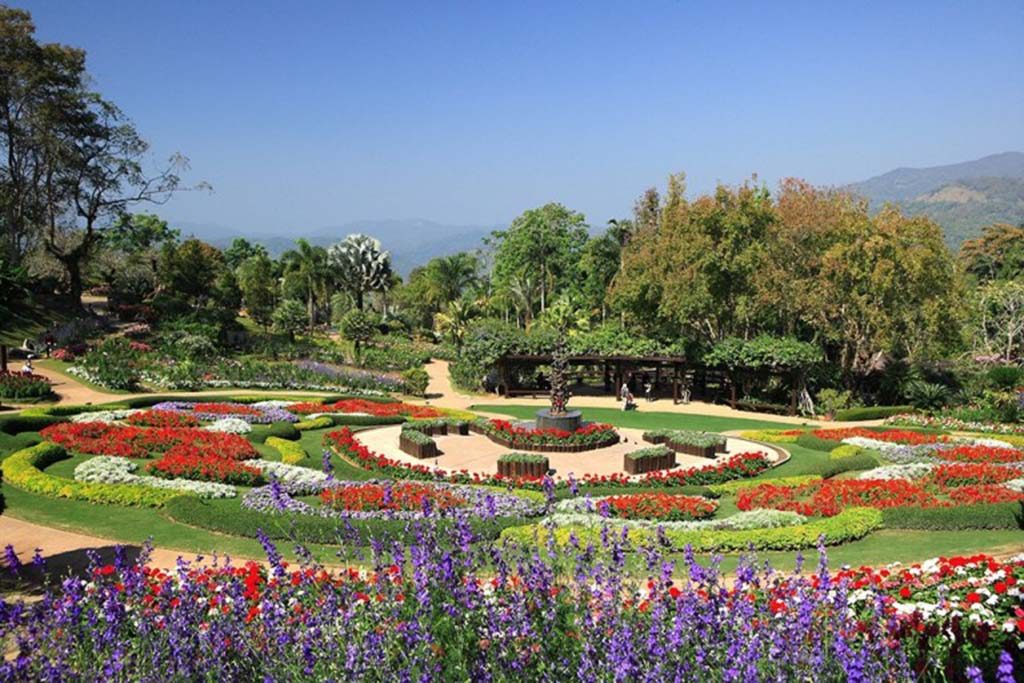
4. Doi Tung
The most famous of the Royal Projects of the Princess Mother, Doi Tung was established in 1988 to provide alternative forms of employment for ethnic minorities who were forced into the illicit drug trade, empowering local villagers to create change and restoring the ravaged environment. The result is a vision of beauty, 15,000 hectares of cultivated gardens, coffee plantations, re-established forest and artisan workshops centrepieced by the Princess Mother’s teak Royal Villa, which now tells the story of the project. Thirty years after the inception of the program, Doi Tung is now a model of sustainability with a zero waste to landfill mantra, managed by a new generation of local leaders.
5. Jinnaluck
Jinnaluck is a burgeoning family-run cottage industry that produces and exports sublime paper products for the local and international market. Starting as a backyard venture over 25 years ago, it now employs more than160 local people, incorporating all aspects of paper production from growing raw materials, to making the paper, design and sales. The company is one of the largest mulberry, or saa paper producers in Thailand, with more than 3000 handmade products, including business cards, carry bags, wrapping paper, wallpaper and even gold-infused face-masks – available at their sales room near Mae Sai. Visitors can also undertake a paper-making workshop, a memorable and meaningful travel experience.

